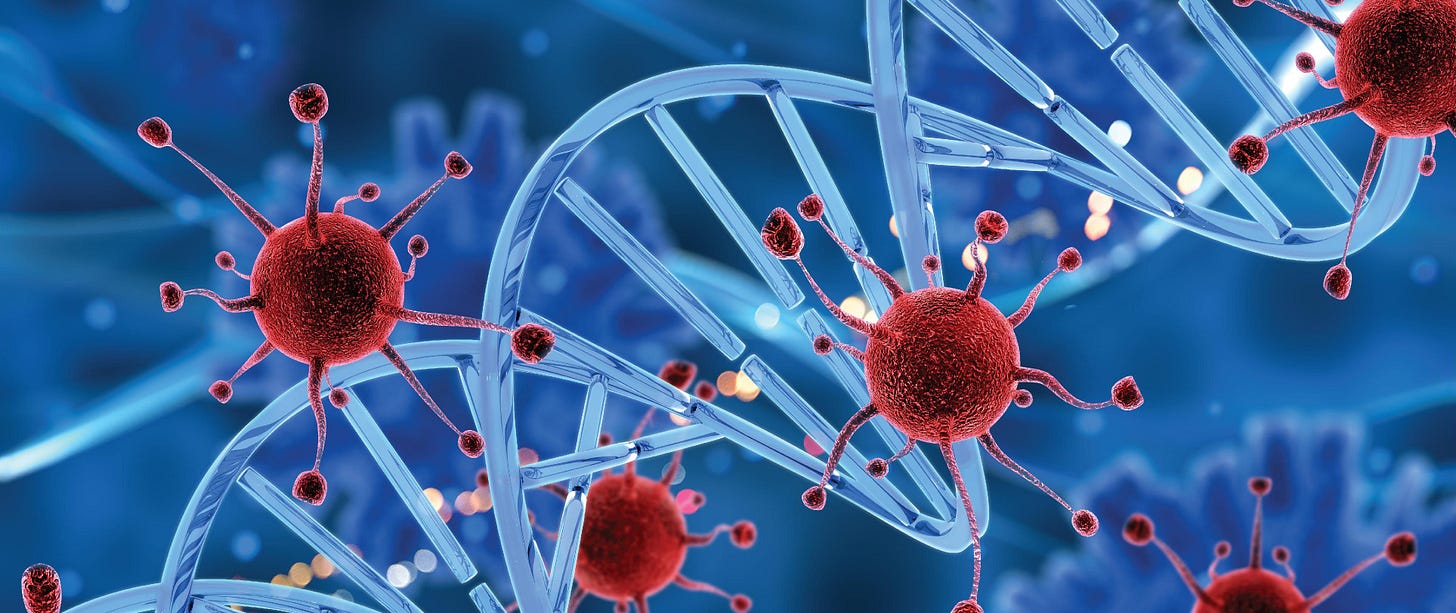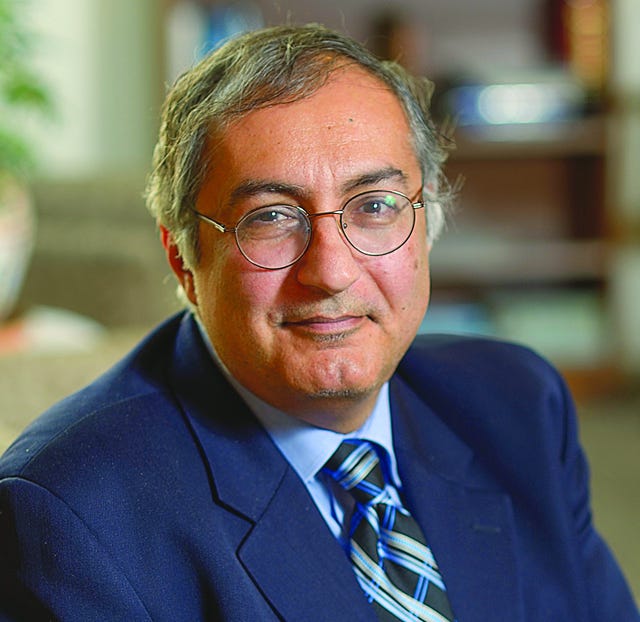Can covid-19 vaccines cause 'turbo cancers'?
Brown University professor weighs in on mRNA vaccine safety and concerns about 'turbo cancers.'
A fiery debate has been raging about the possible link between covid-19 vaccines and ‘turbo cancers.’
The subject was thrust into the spotlight after an article published in The Atlantic in Sept 2022, told the story of well-known Belgian immunologist Michel Goldman, who thought the covid-19 vaccine had accelerated his lymphoma.
Knowing that chemotherapy would render him immunocompromised, Goldman rushed out to get vaccinated and boosted against covid-19 before commencing his cancer treatment.
But after his booster, he began to feel increasingly unwell - swollen lymph nodes, fatigue, and night sweats. A subsequent CT scan showed new cancer clusters “like someone had set off fireworks inside his body.”
The story prompted a flood of anecdotes on social media about people’s cancers becoming ‘turbo charged’ following covid vaccination and some doctors said they had observed a spike in aggressive cancers in young patients.
Other doctors fiercely criticised the article for stoking vaccine hesitancy. Prominent haematologist-oncologist Vinay Prasad took to social media to say The Atlantic article was “irresponsible.”
“Where is the evidence that mRNA vaccines fuel cancer growth even in a subset of people? Case-reports don't count, obviously. You need careful epidemiological evidence to make such a claim. Where is that? Do that before you cover it in the news. Duh,” tweeted Prasad at the time.
Now that DNA contamination has been detected in Pfizer and Moderna covid vaccines, it has fuelled speculation about cancer risks and has been the target of many “fact-checkers.”
So, I decided to speak with physician-scientist and medical oncologist Professor Wafik El-Deiry, about his thoughts on covid vaccines and “turbo cancers.”
El-Deiry is Director of the Cancer Center at Brown University and has a 30-year career in cancer research. Recently, he received the 2023 Inventor Of The Year award for his work related to novel cancer therapeutics.




